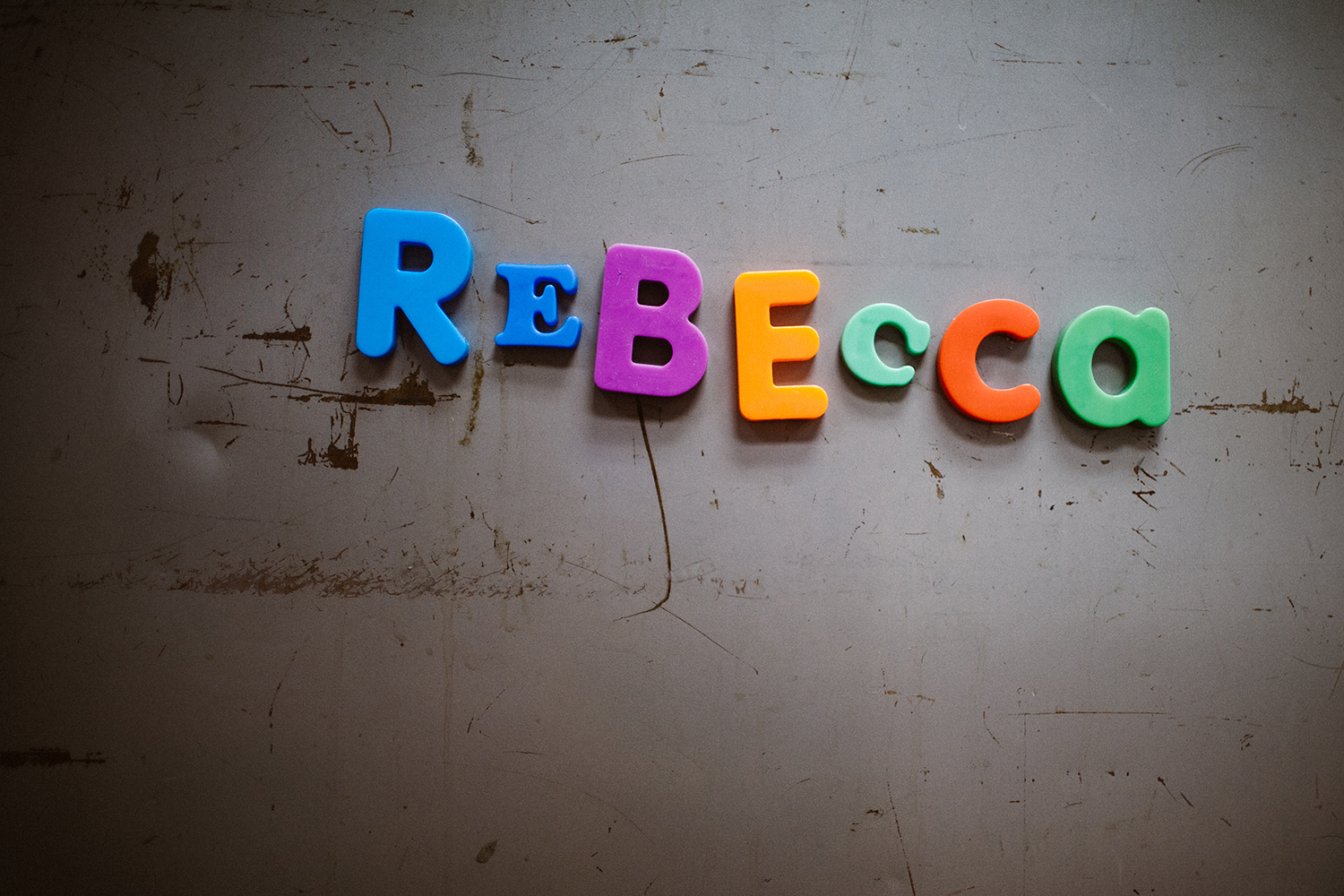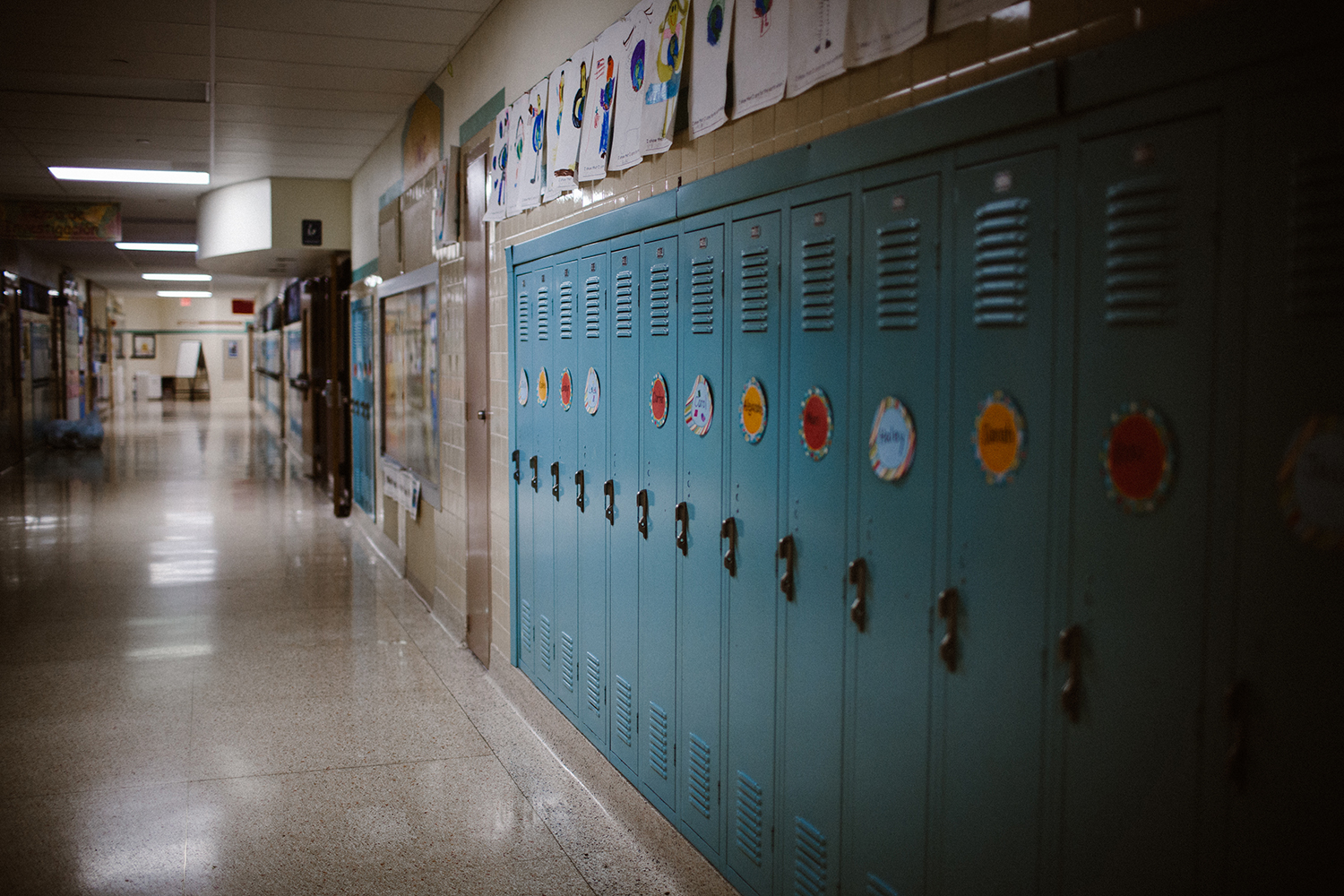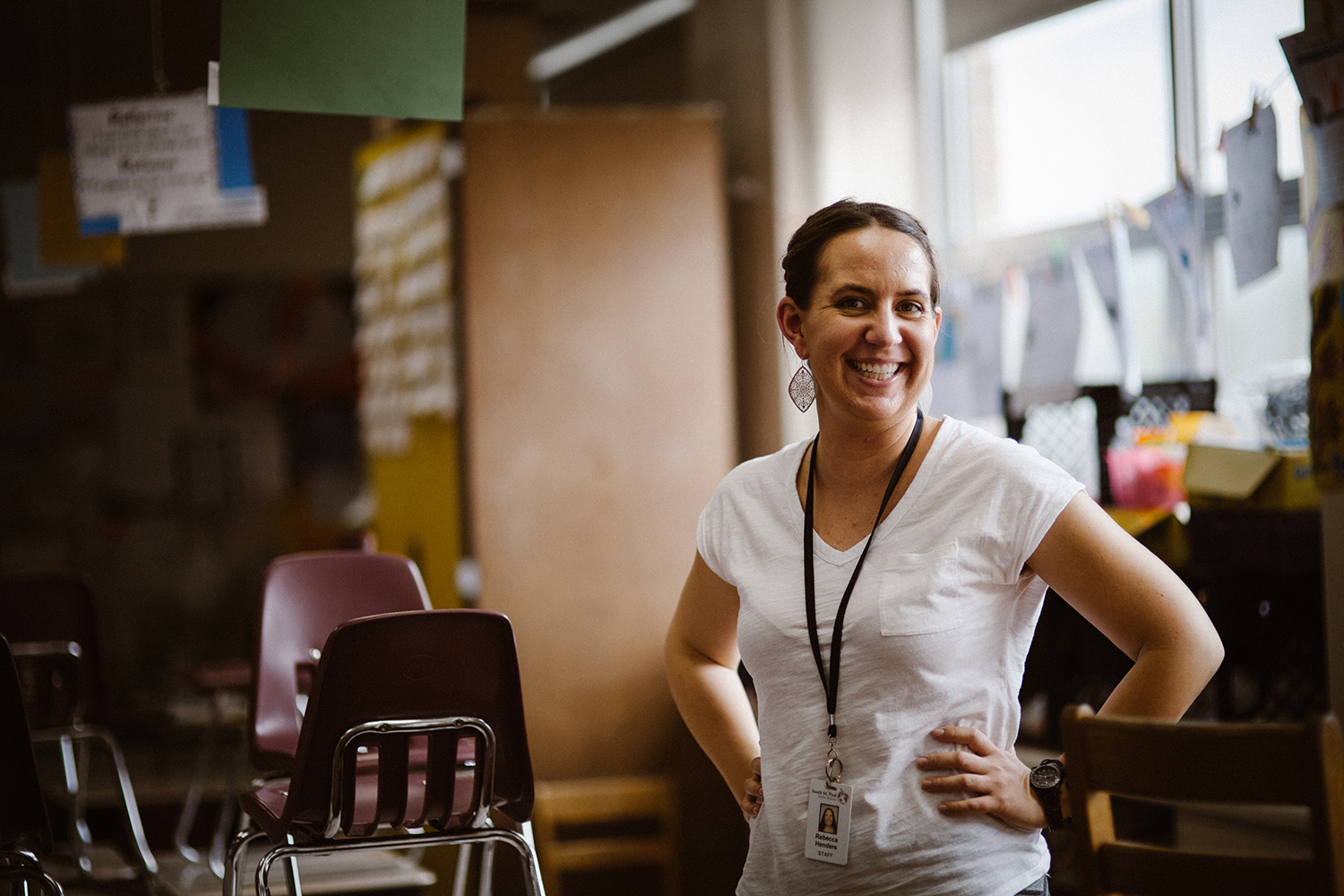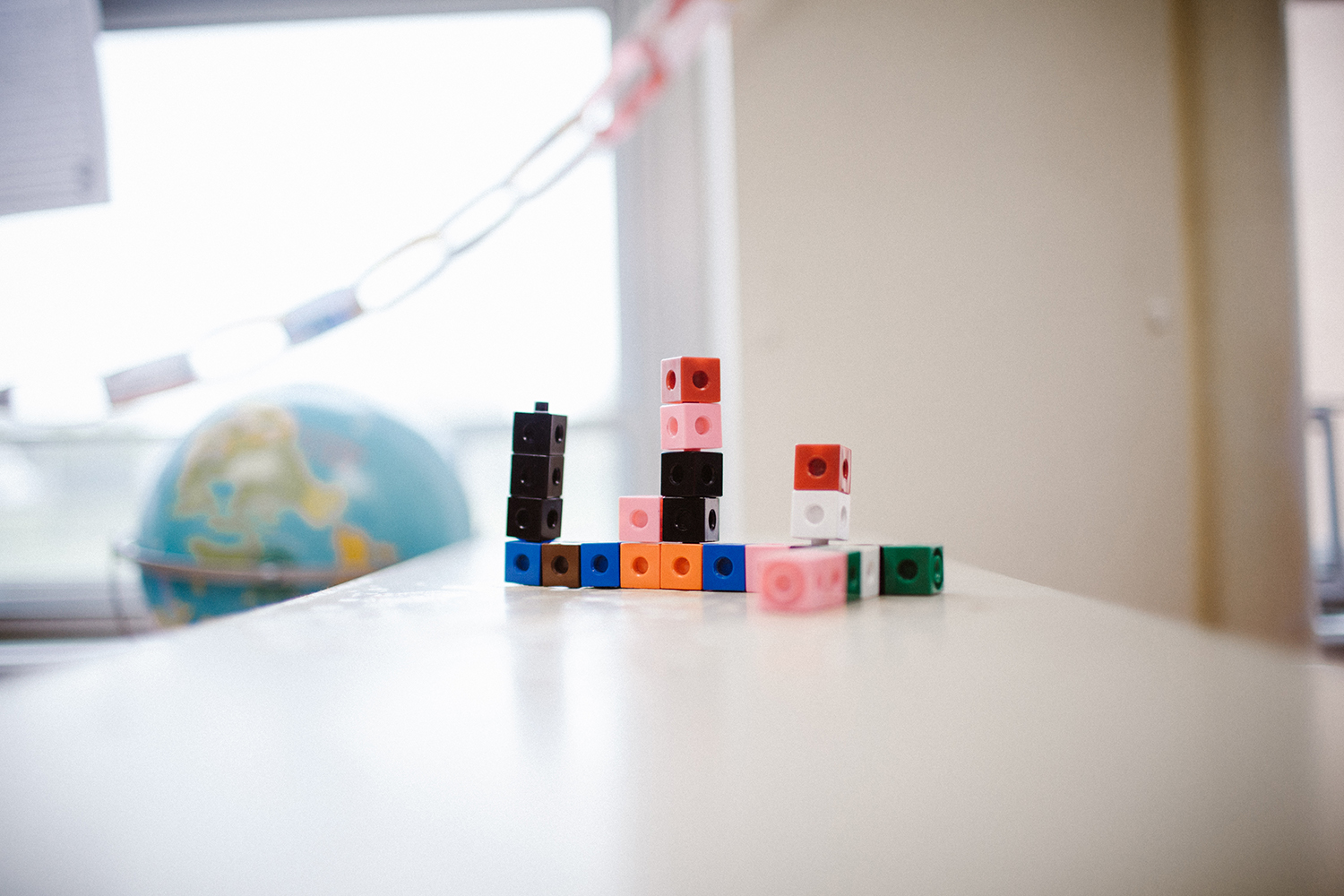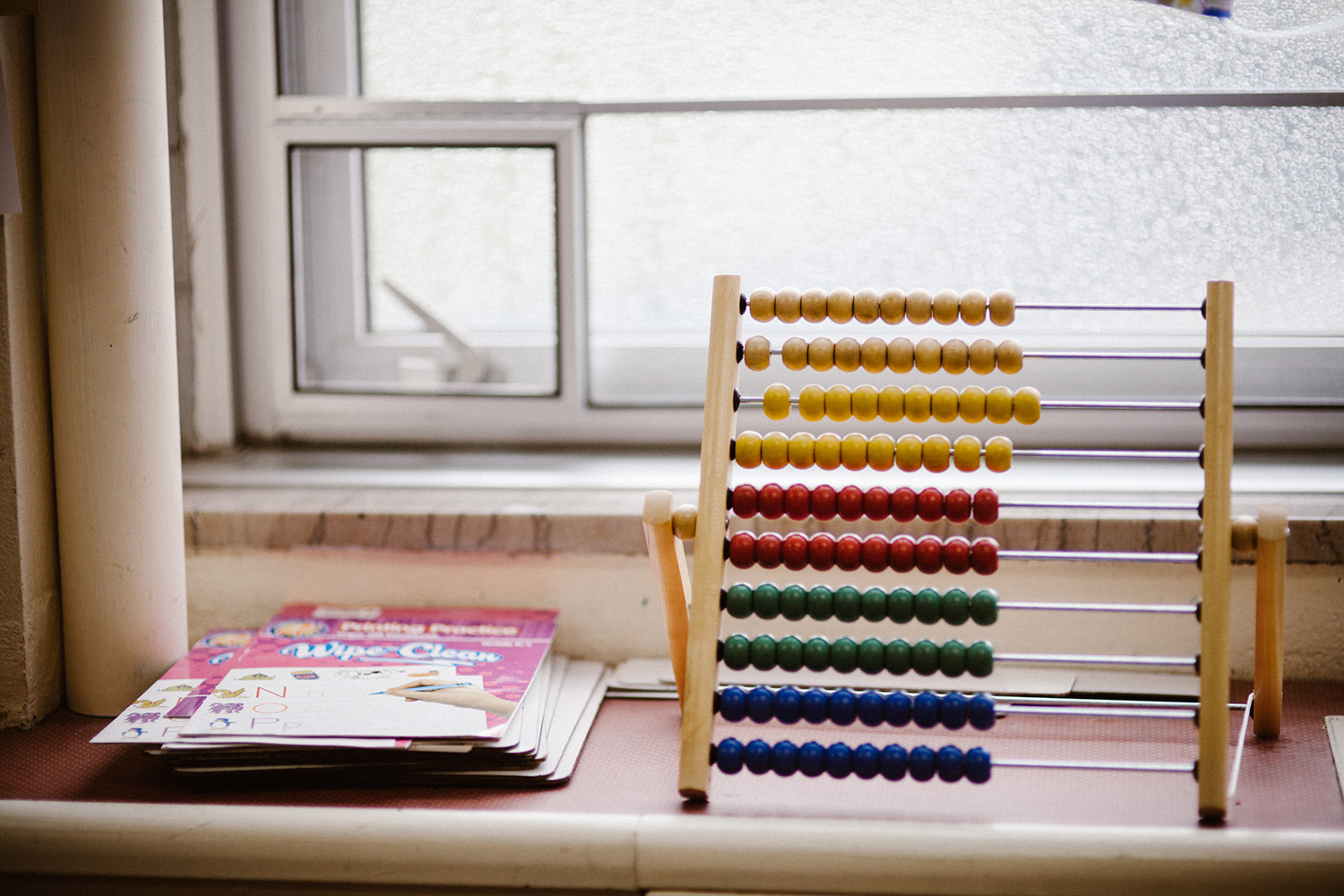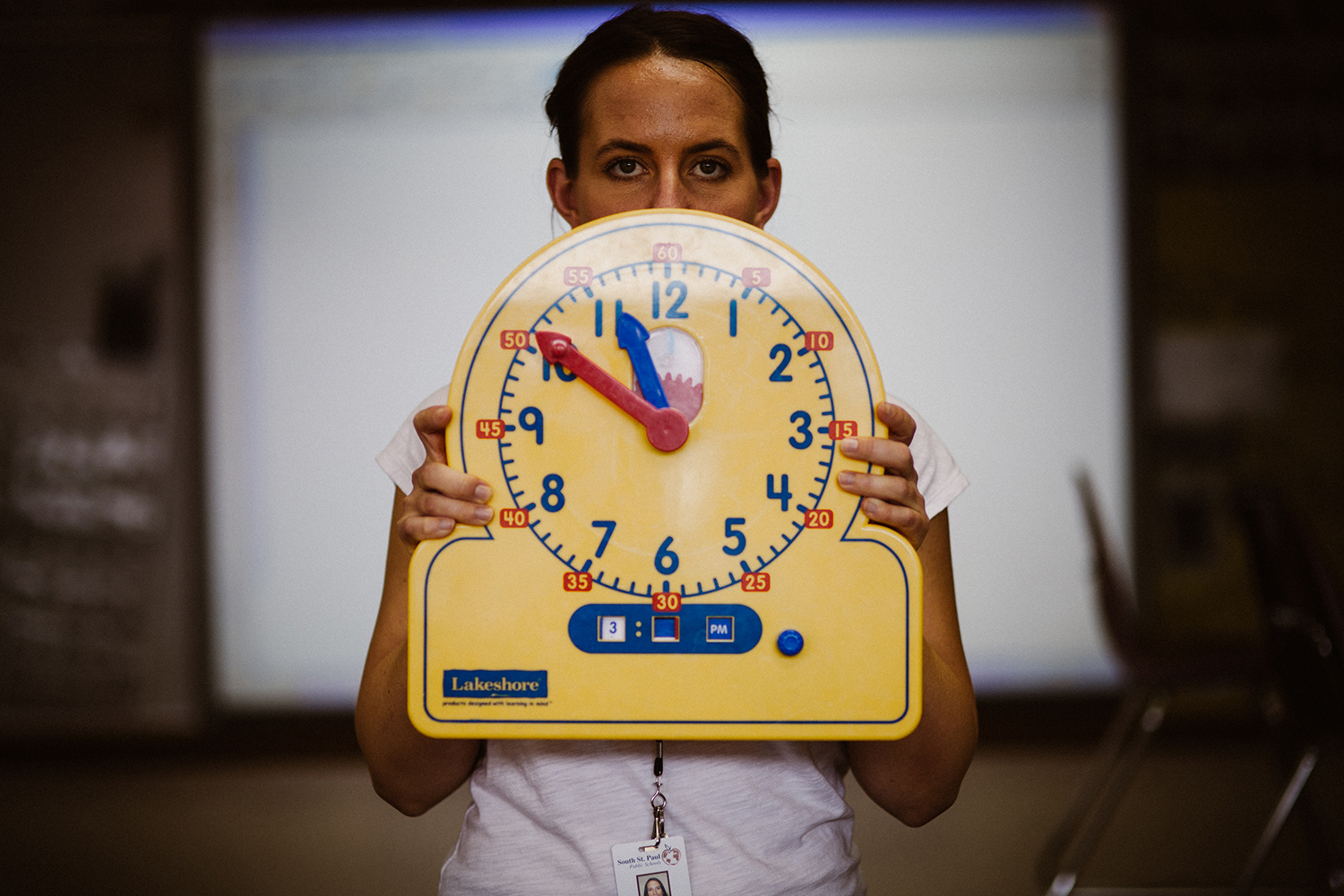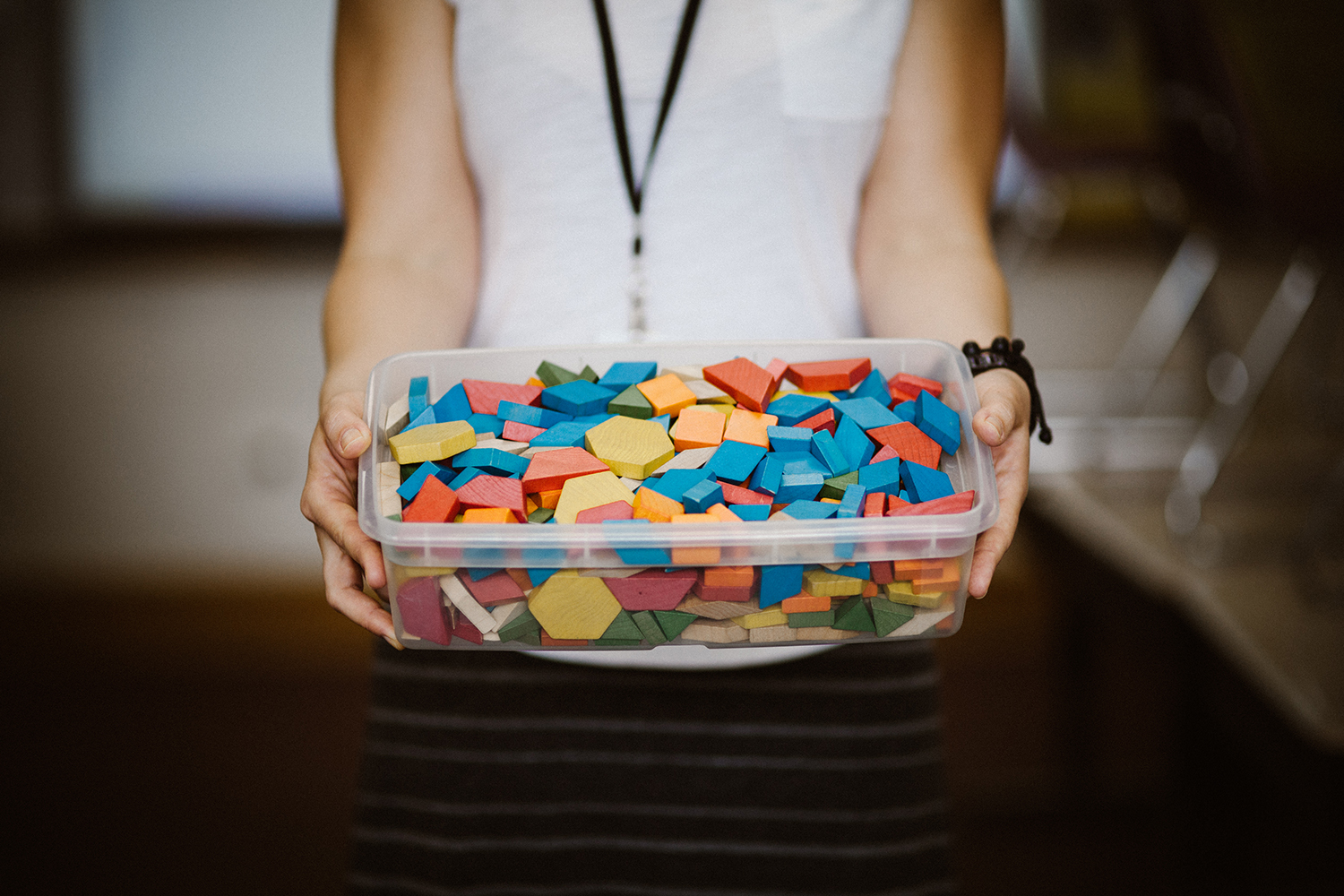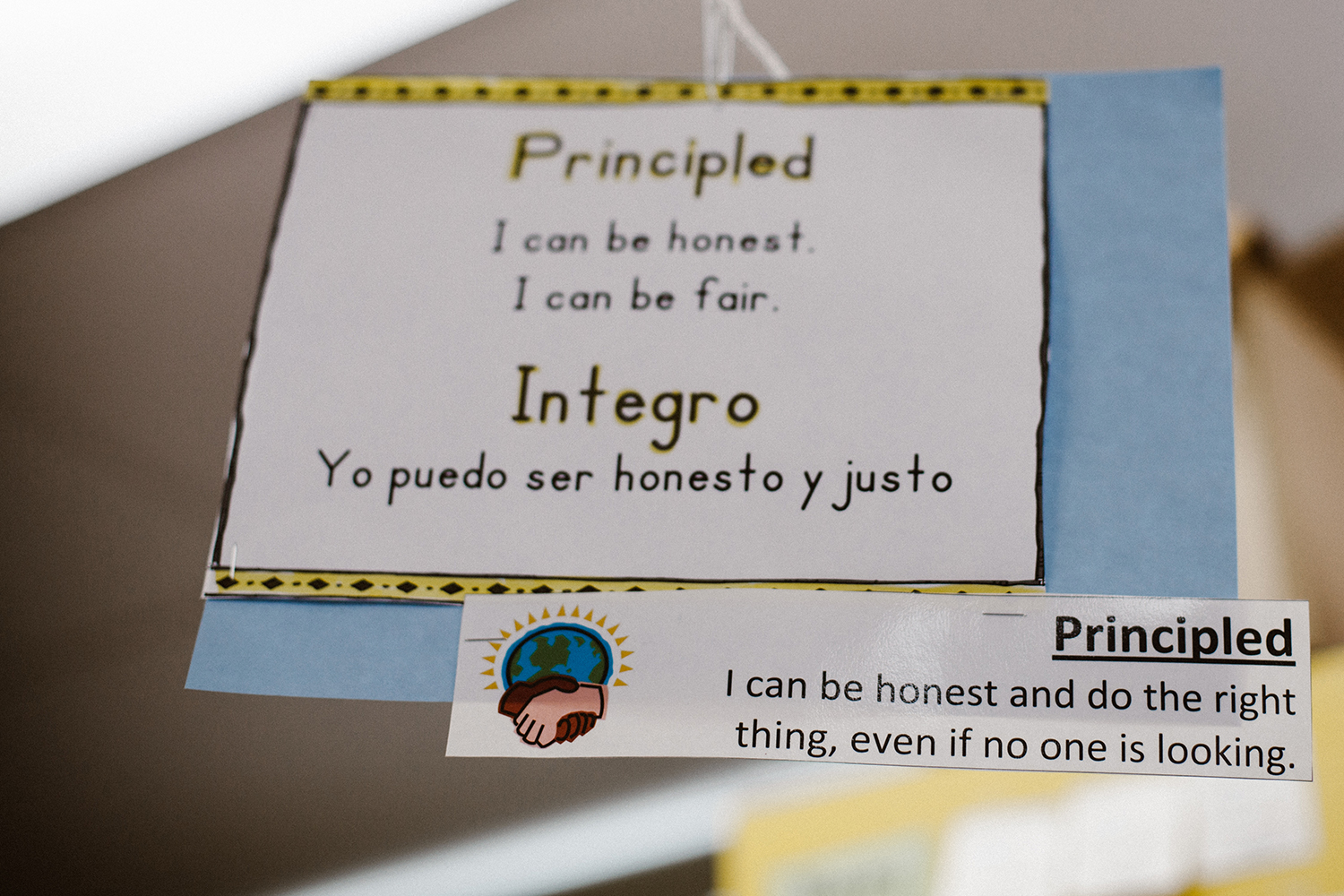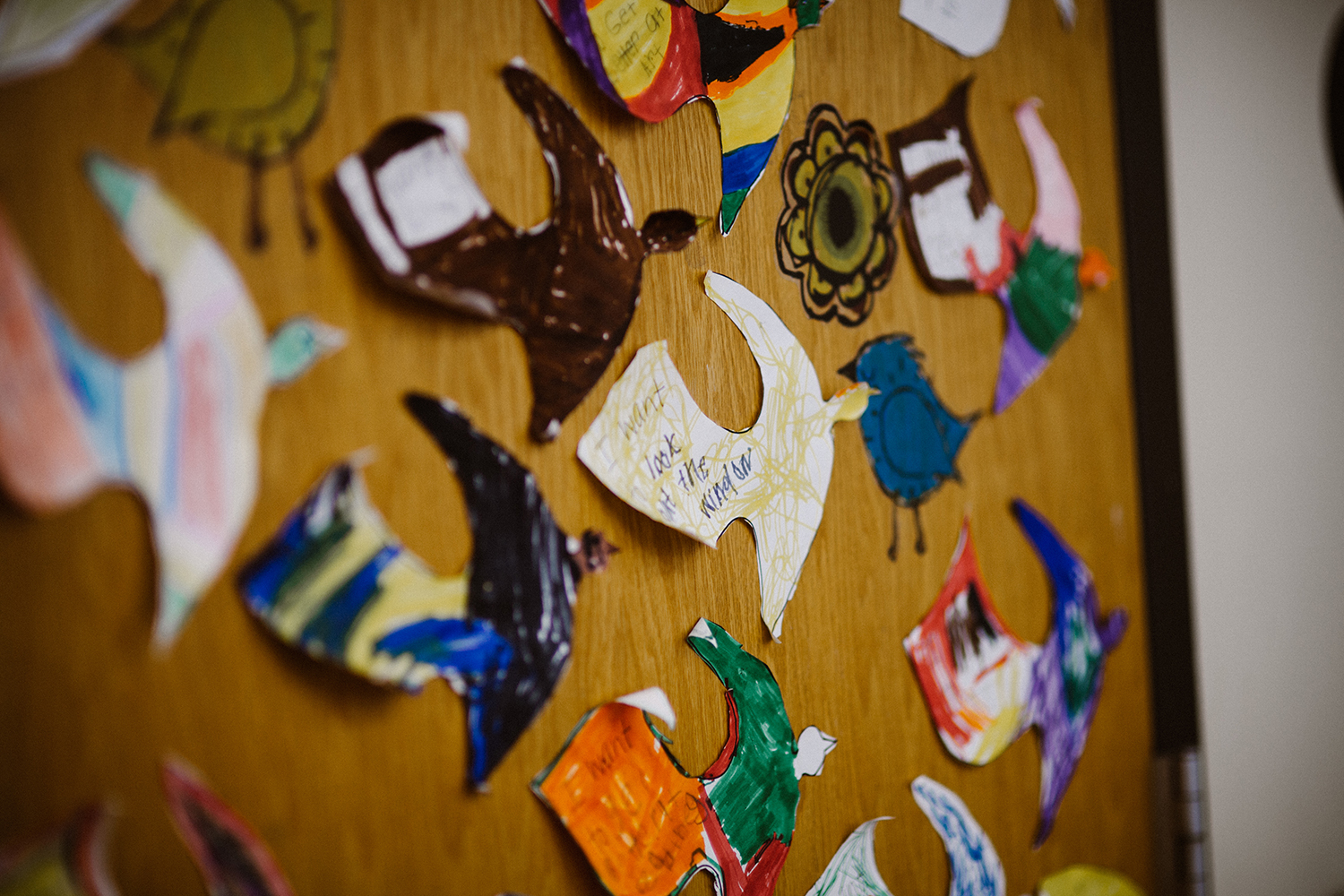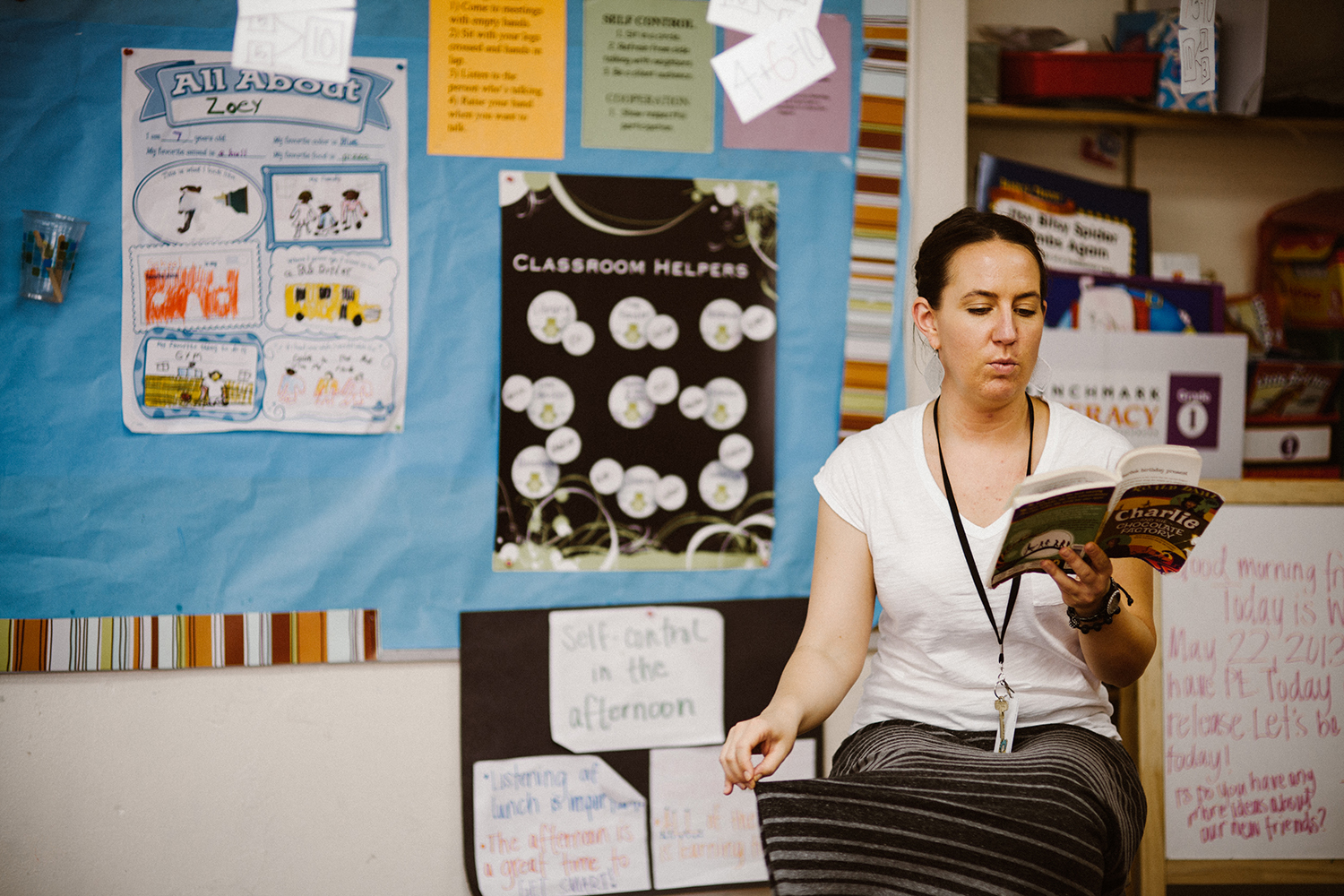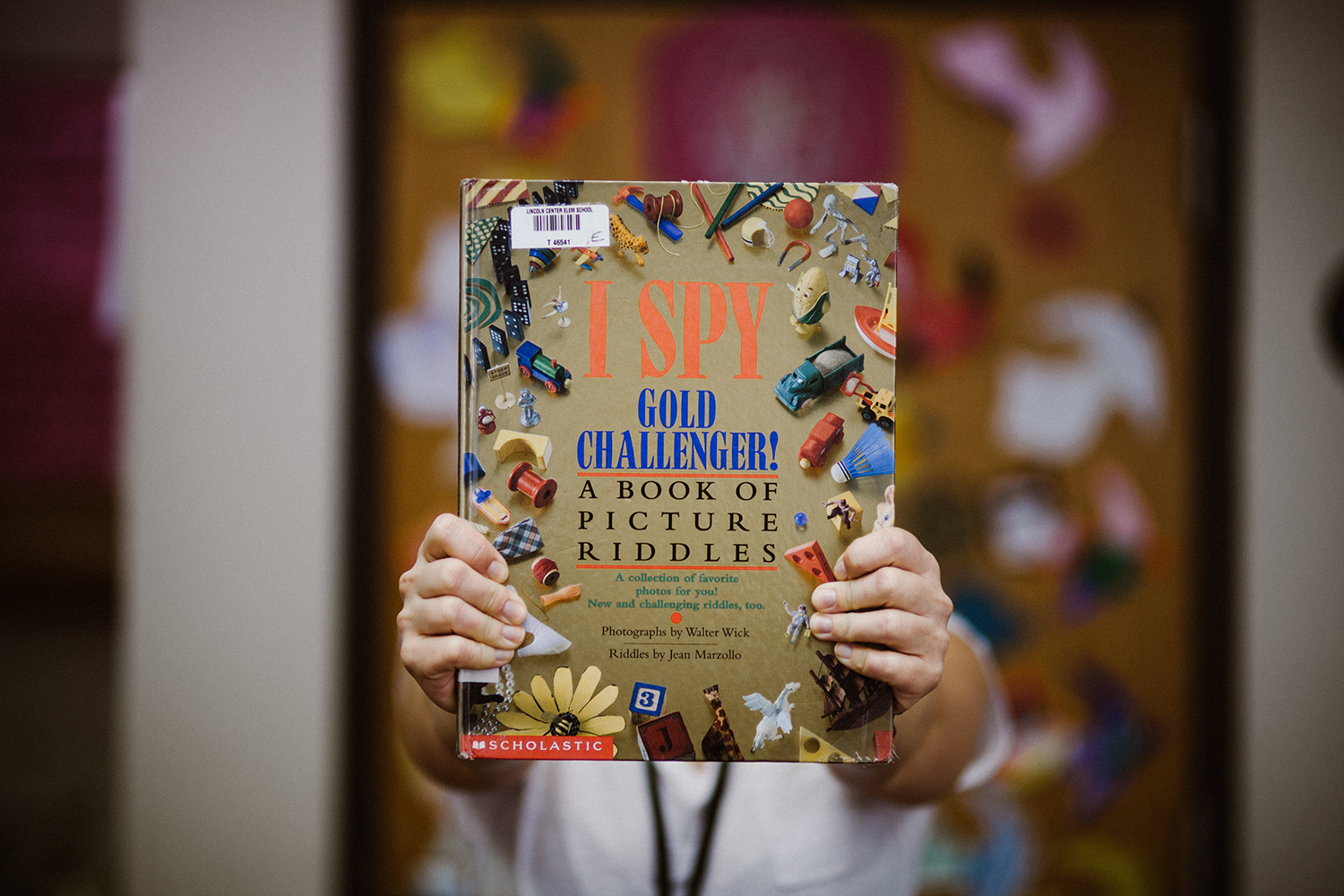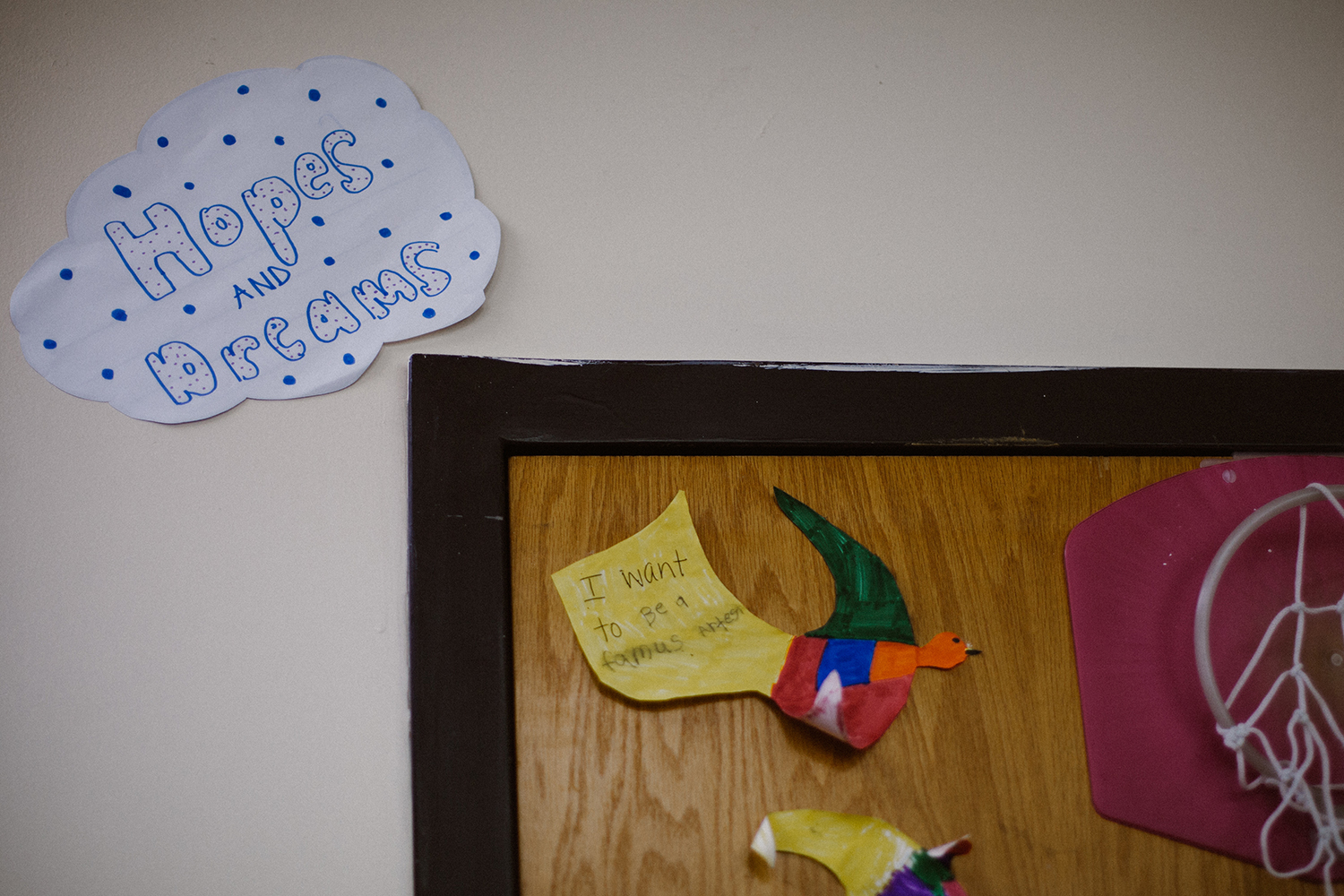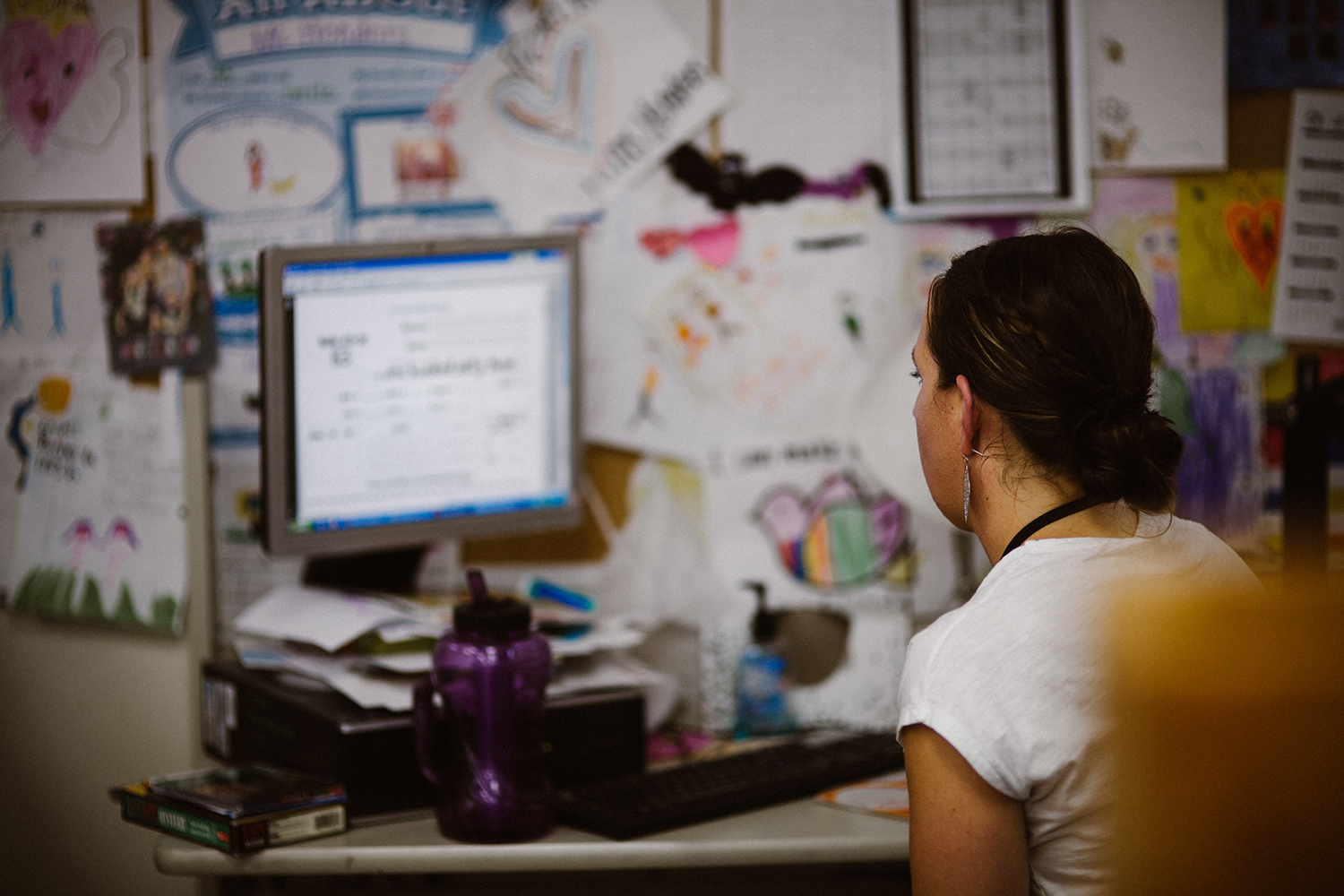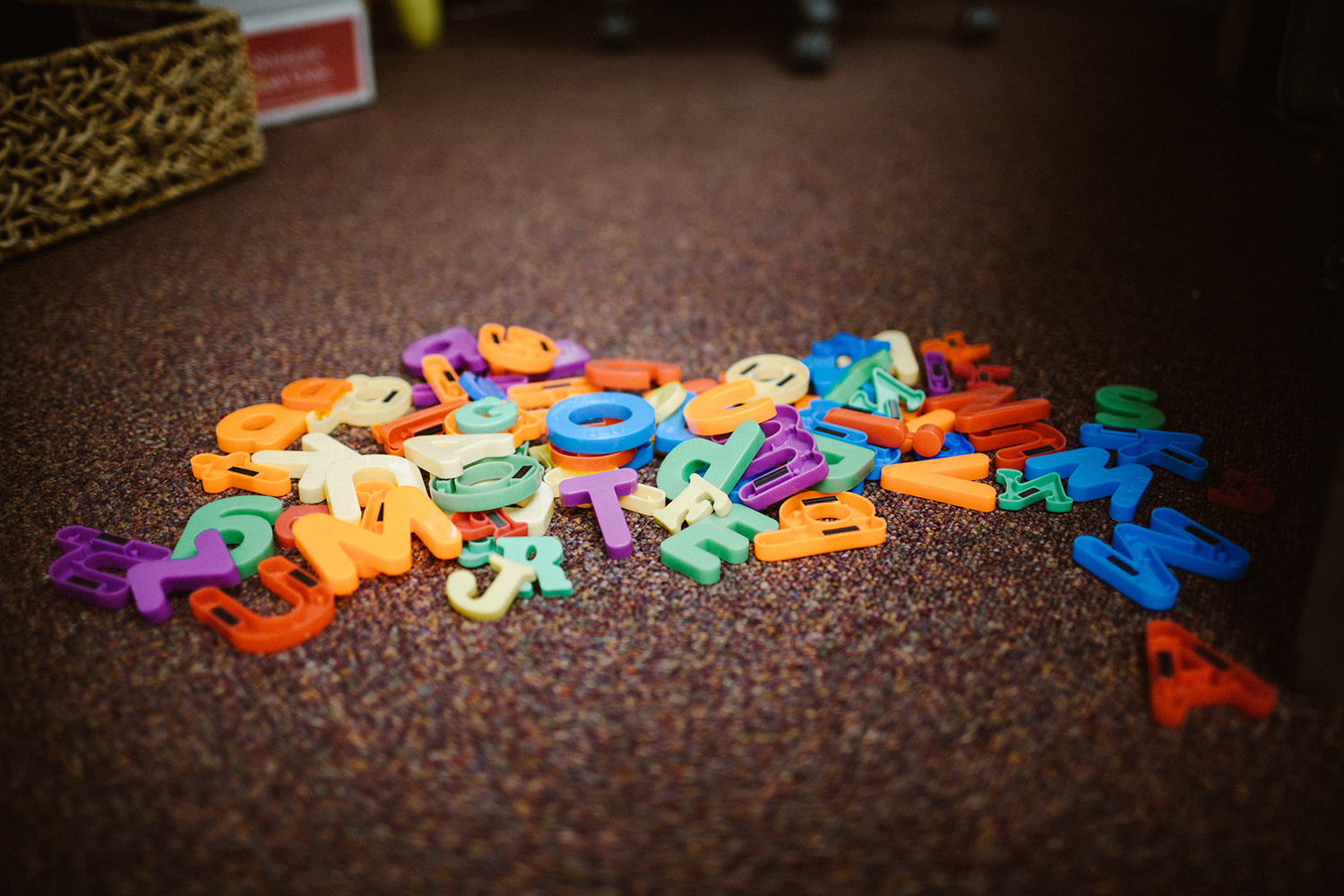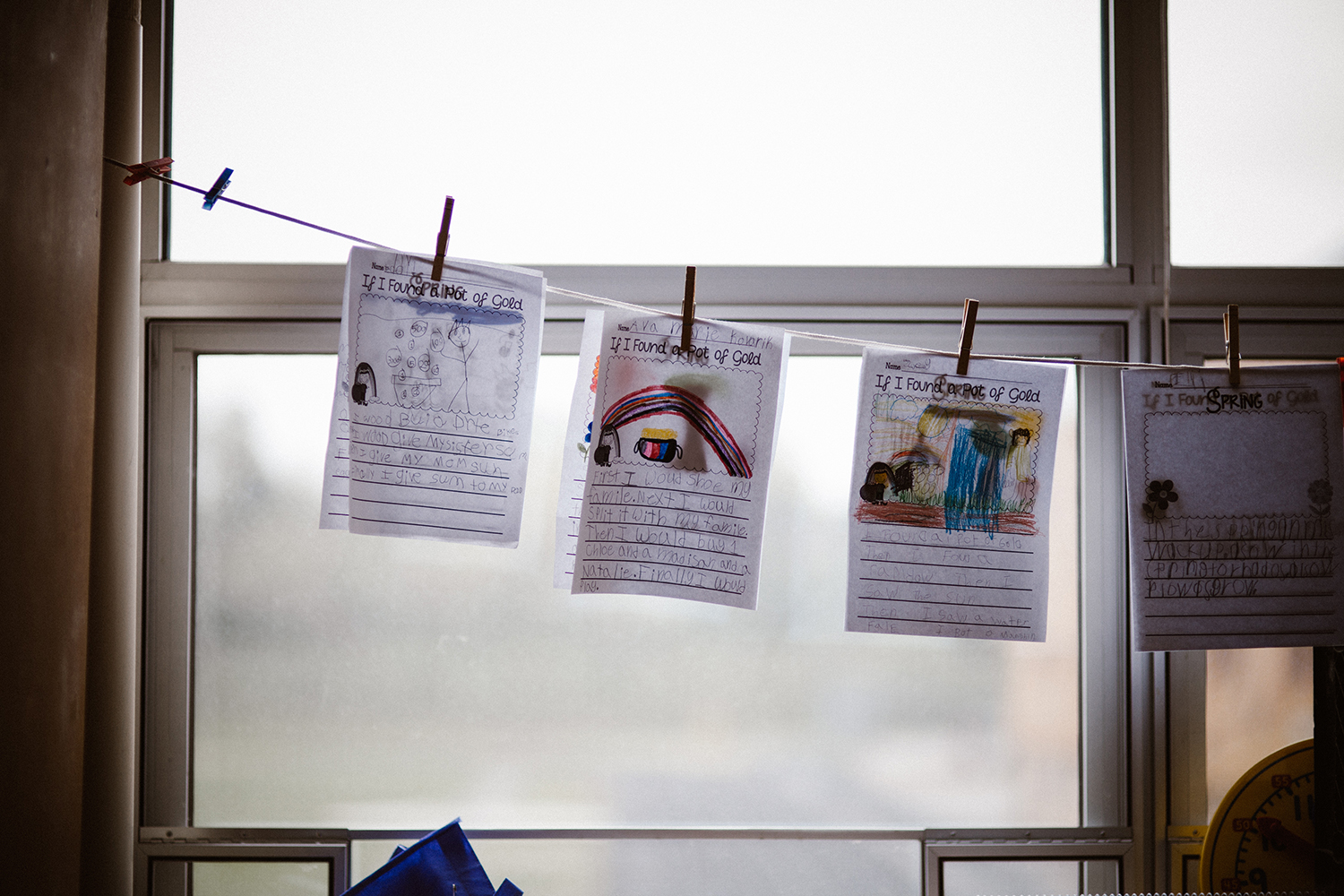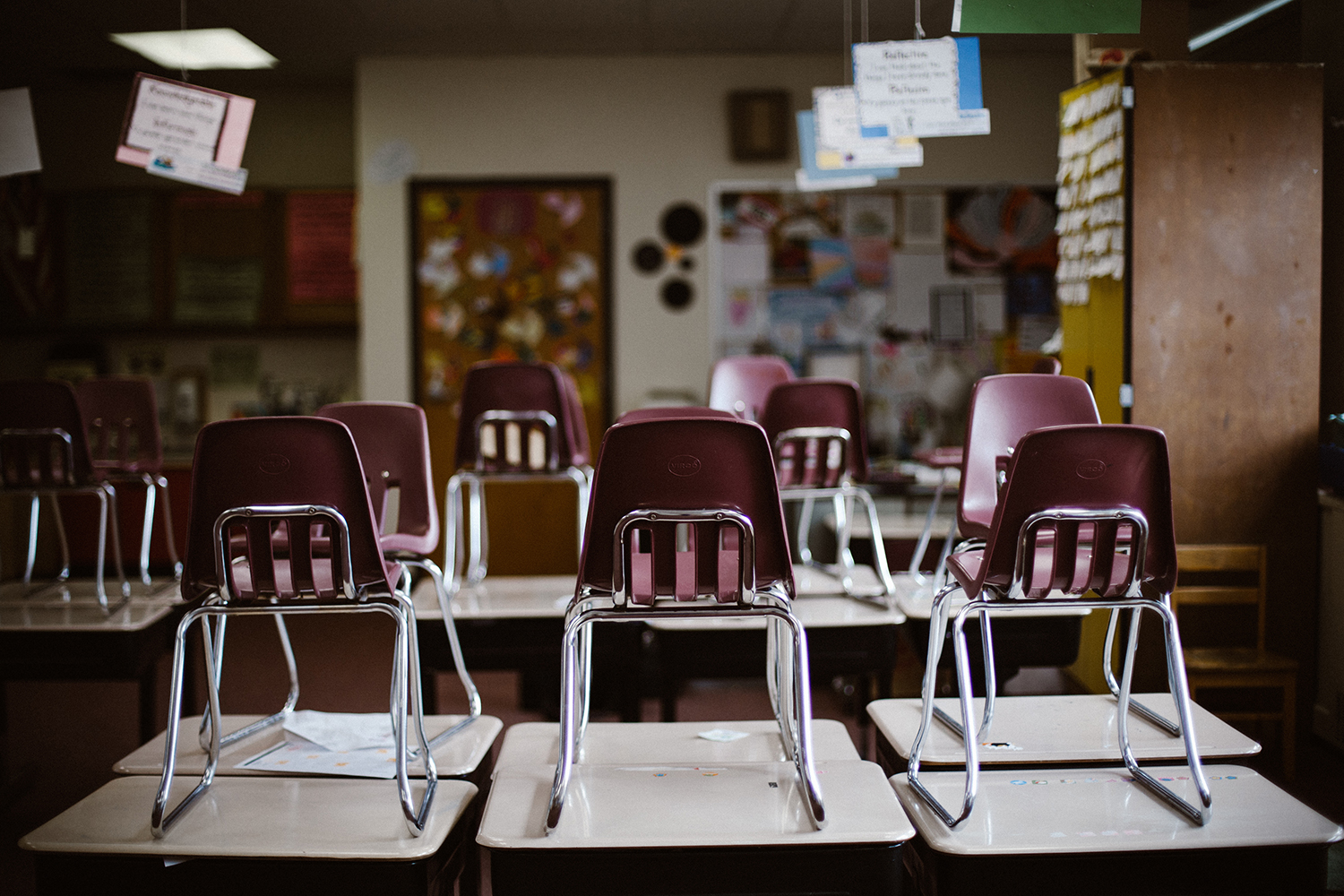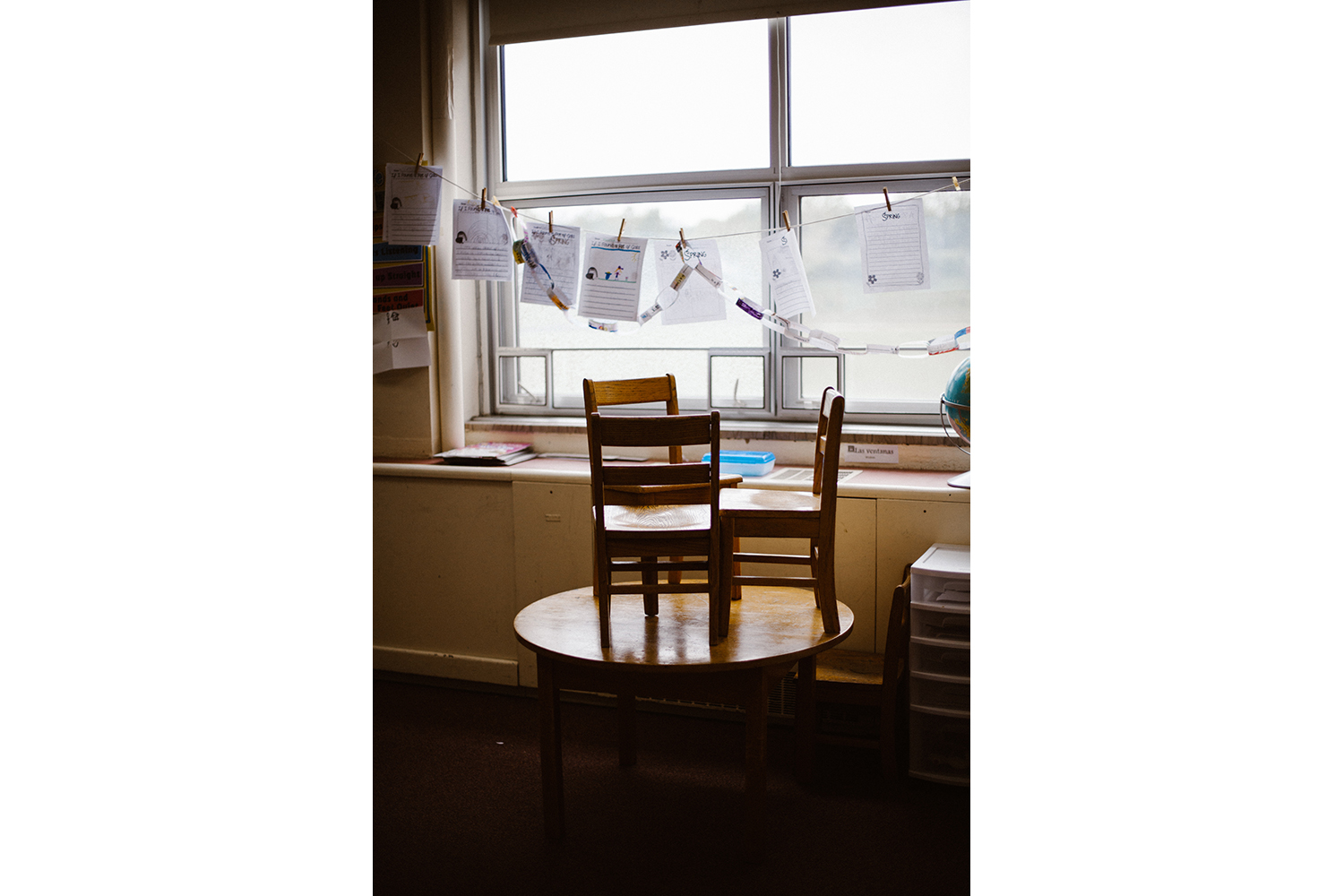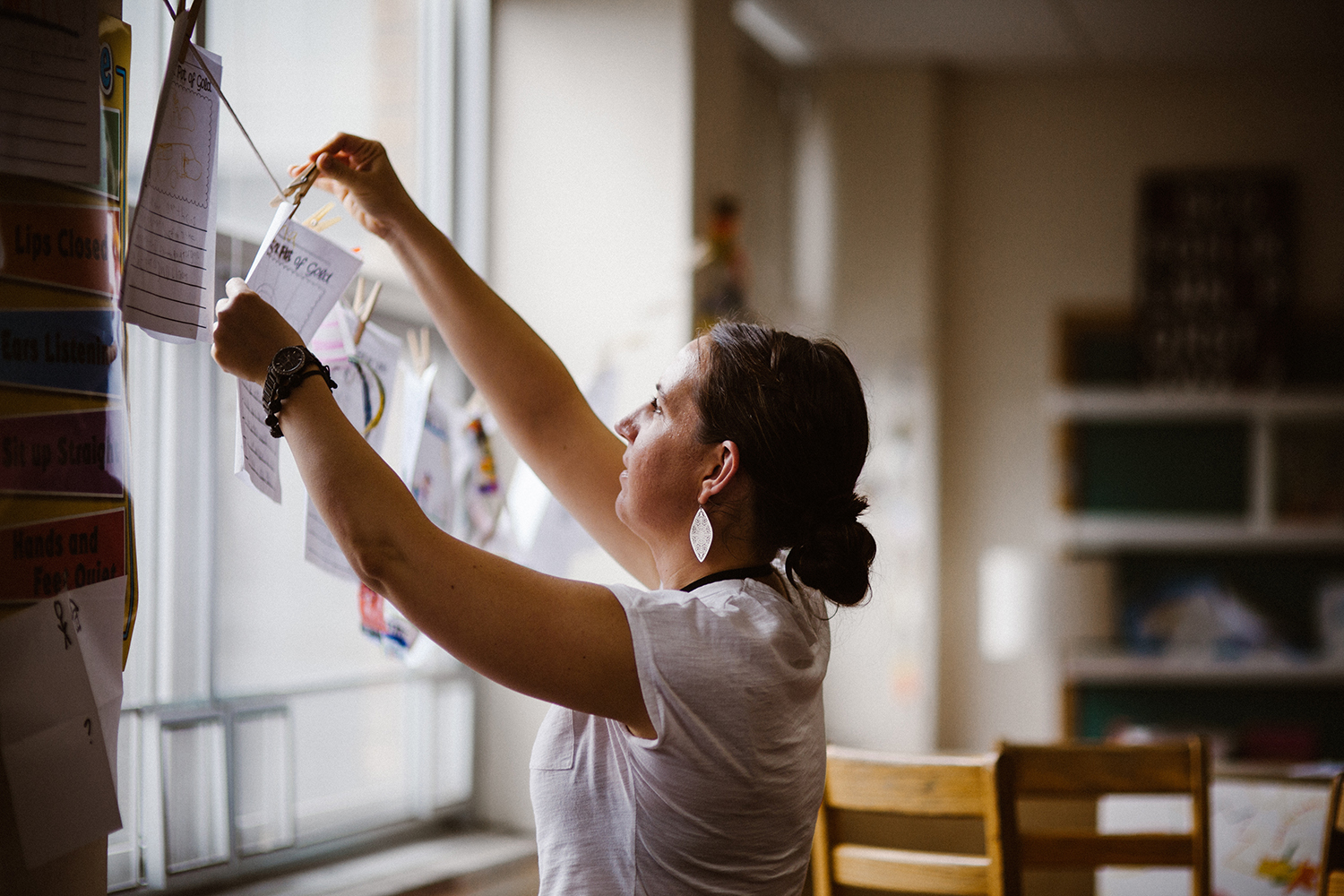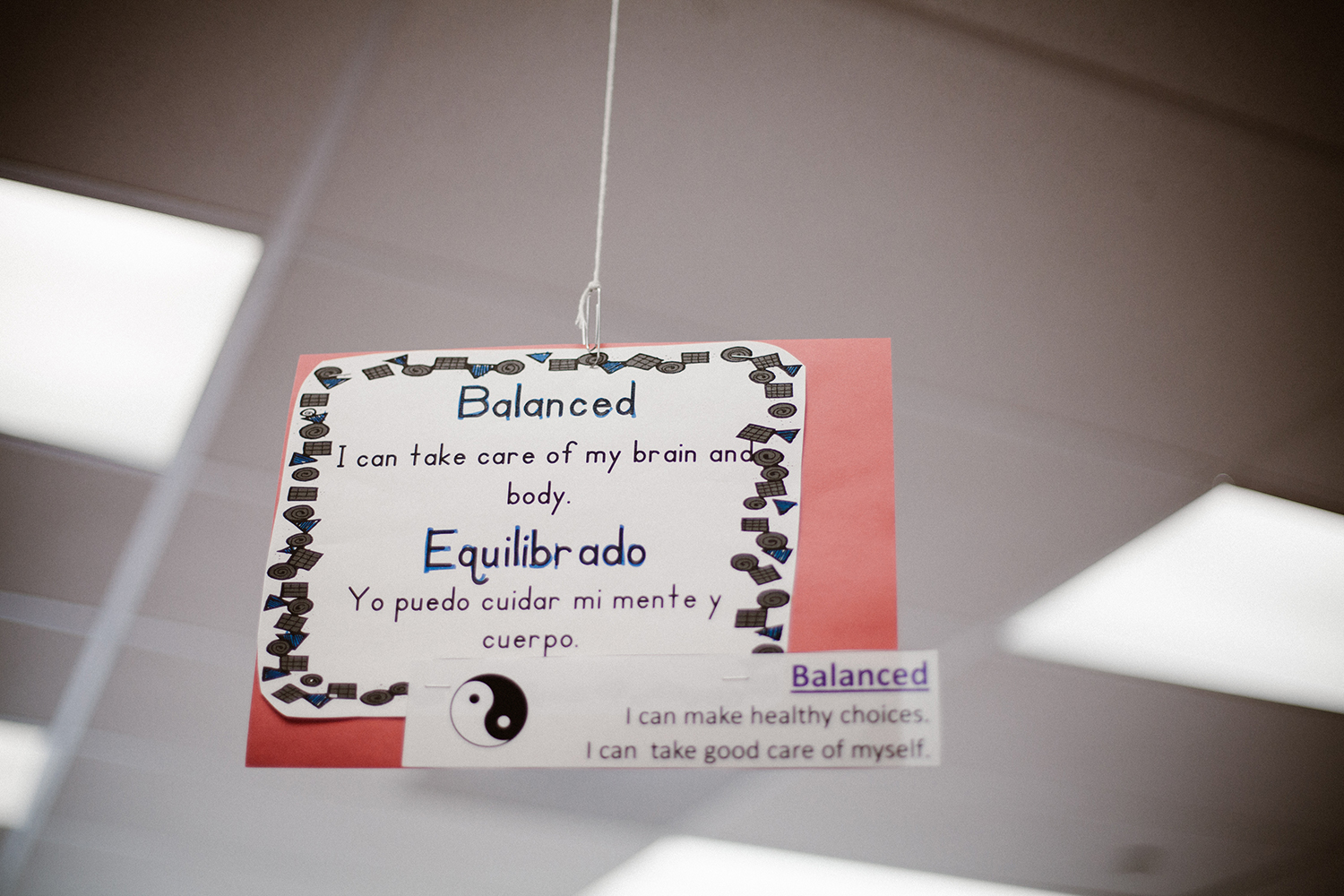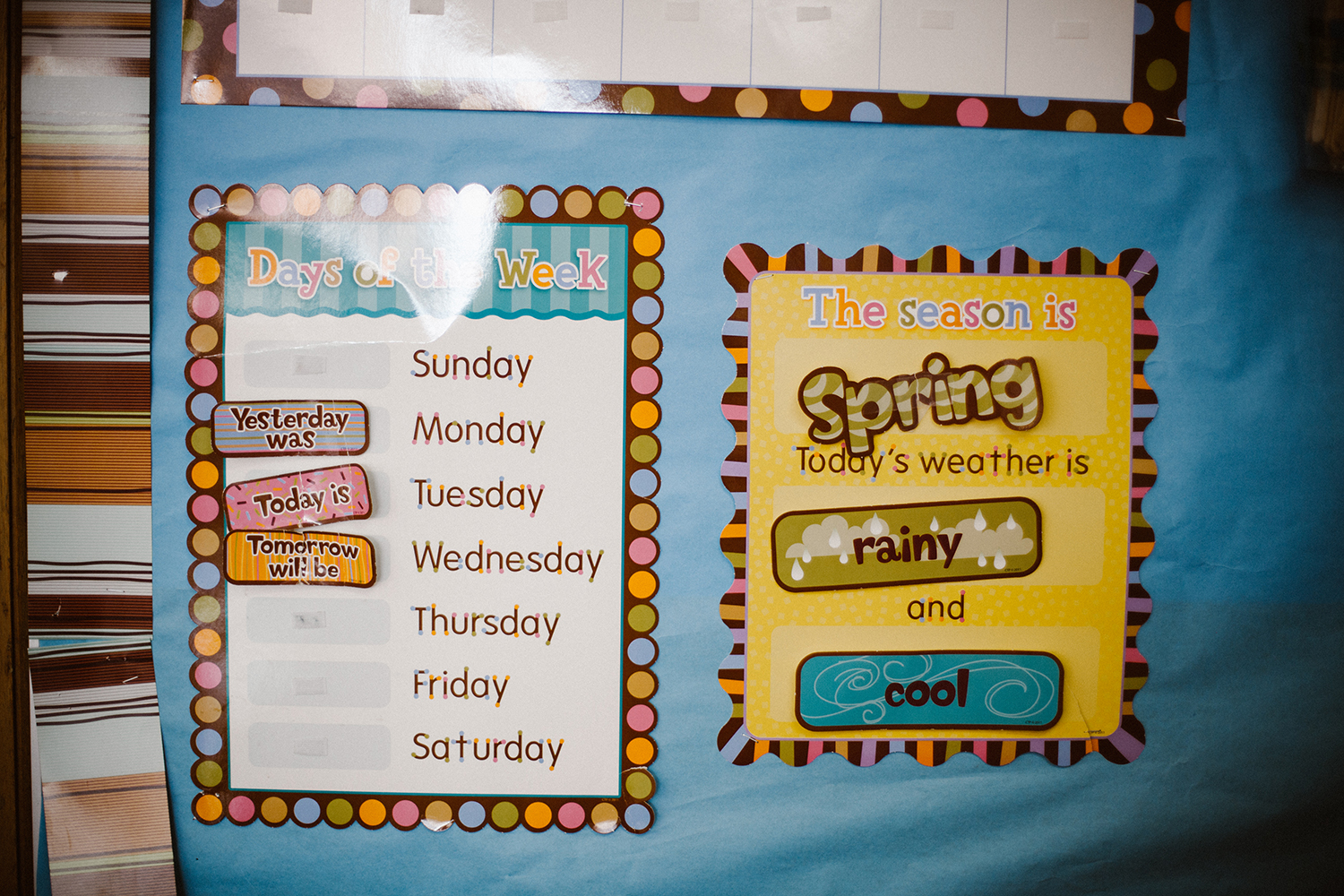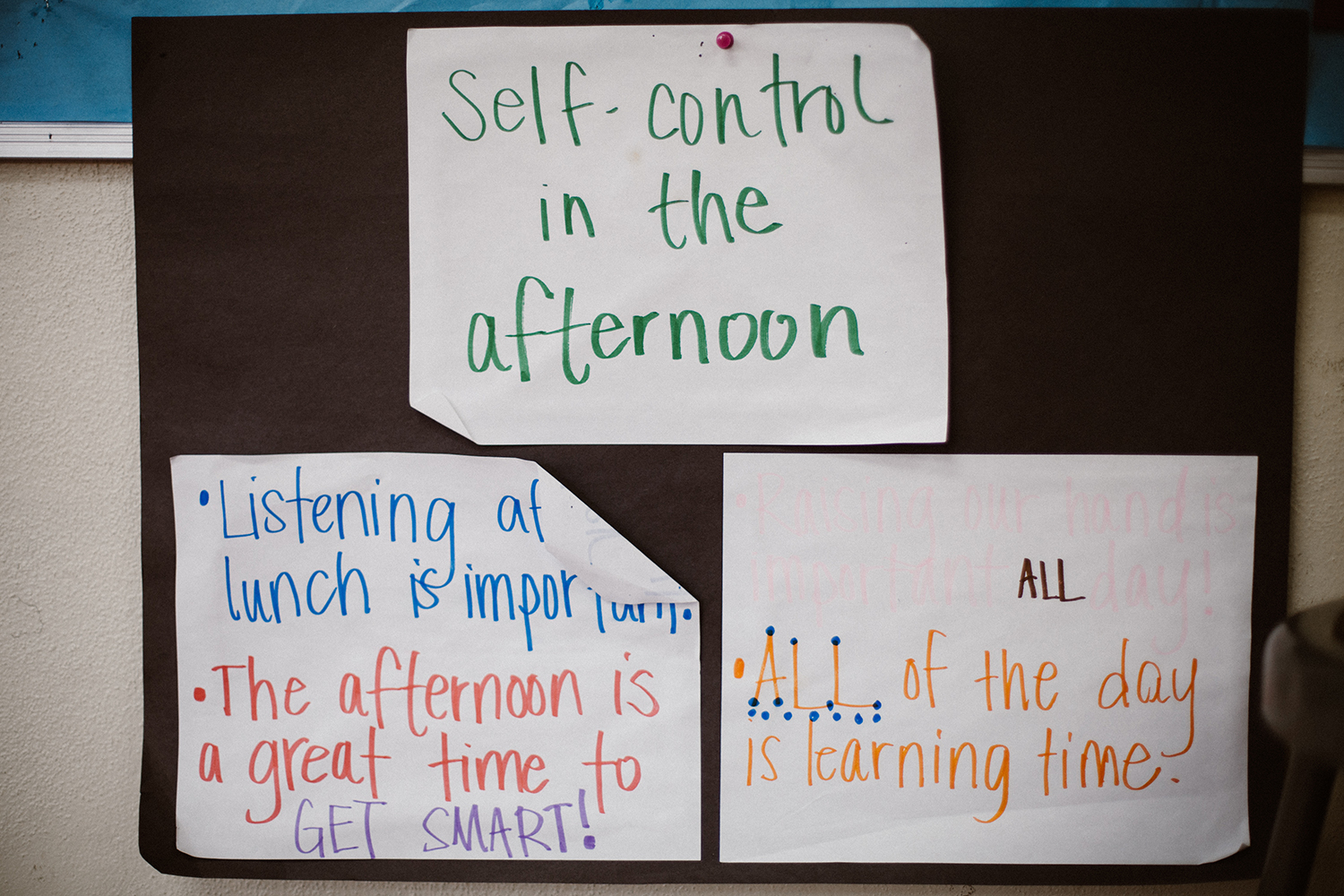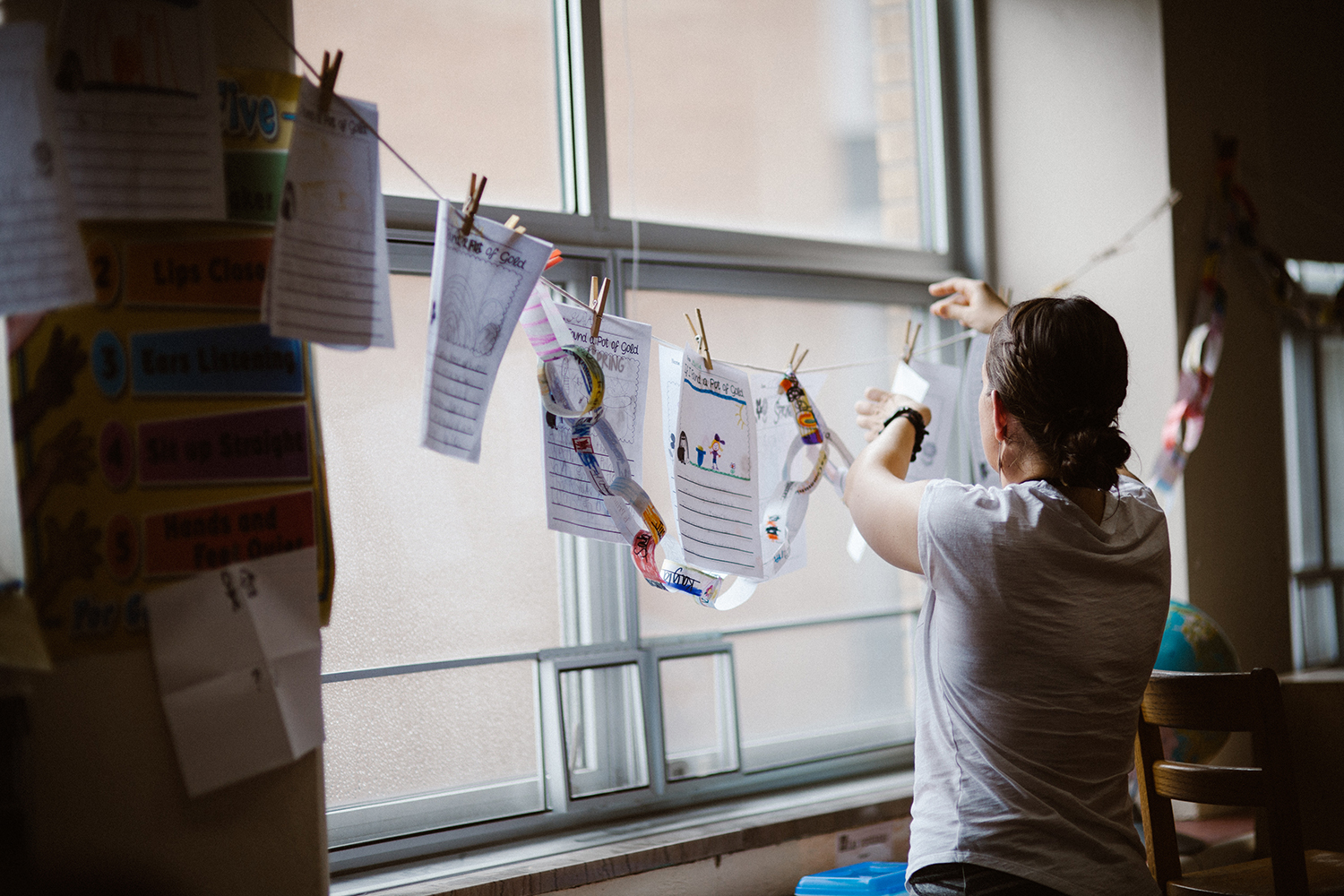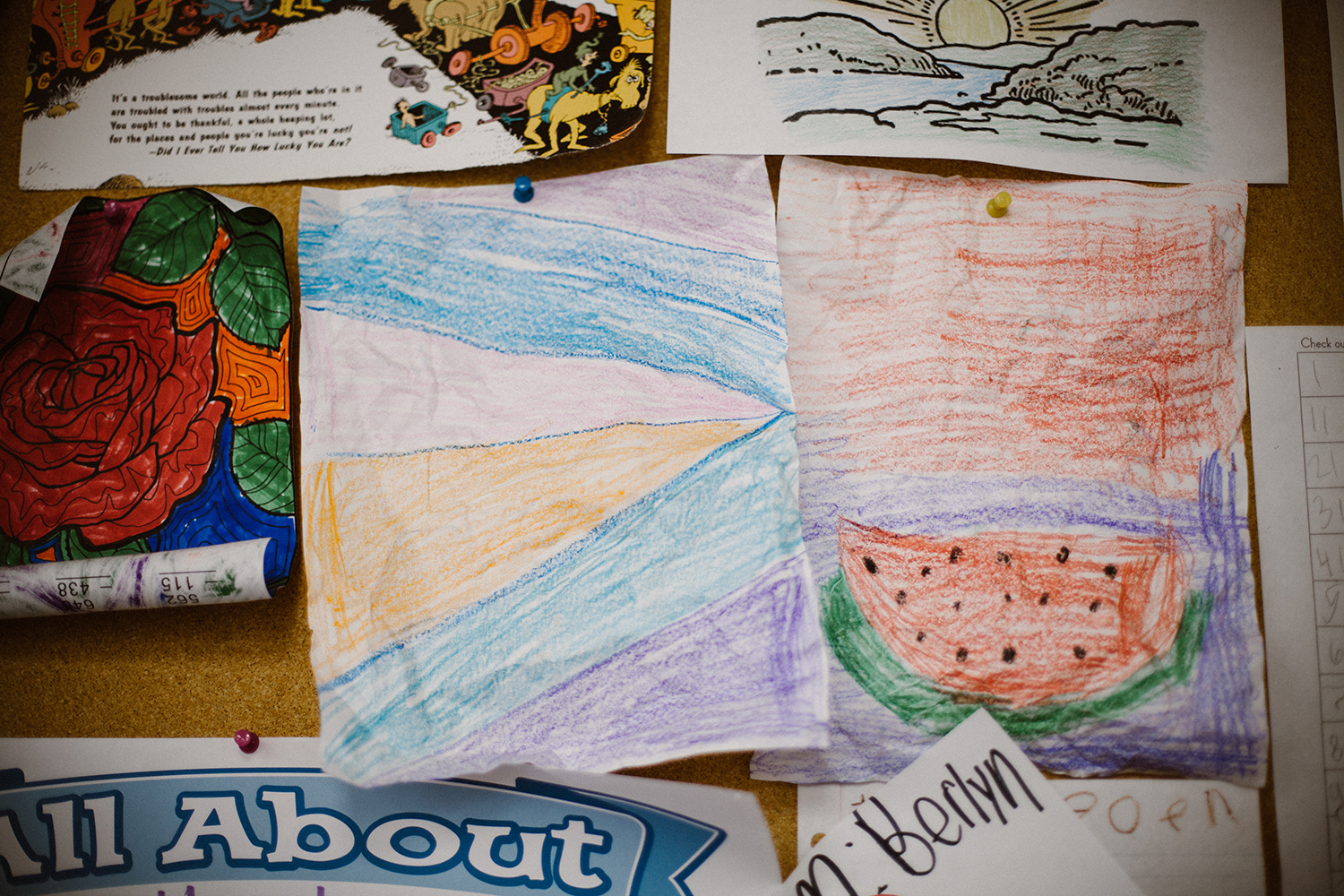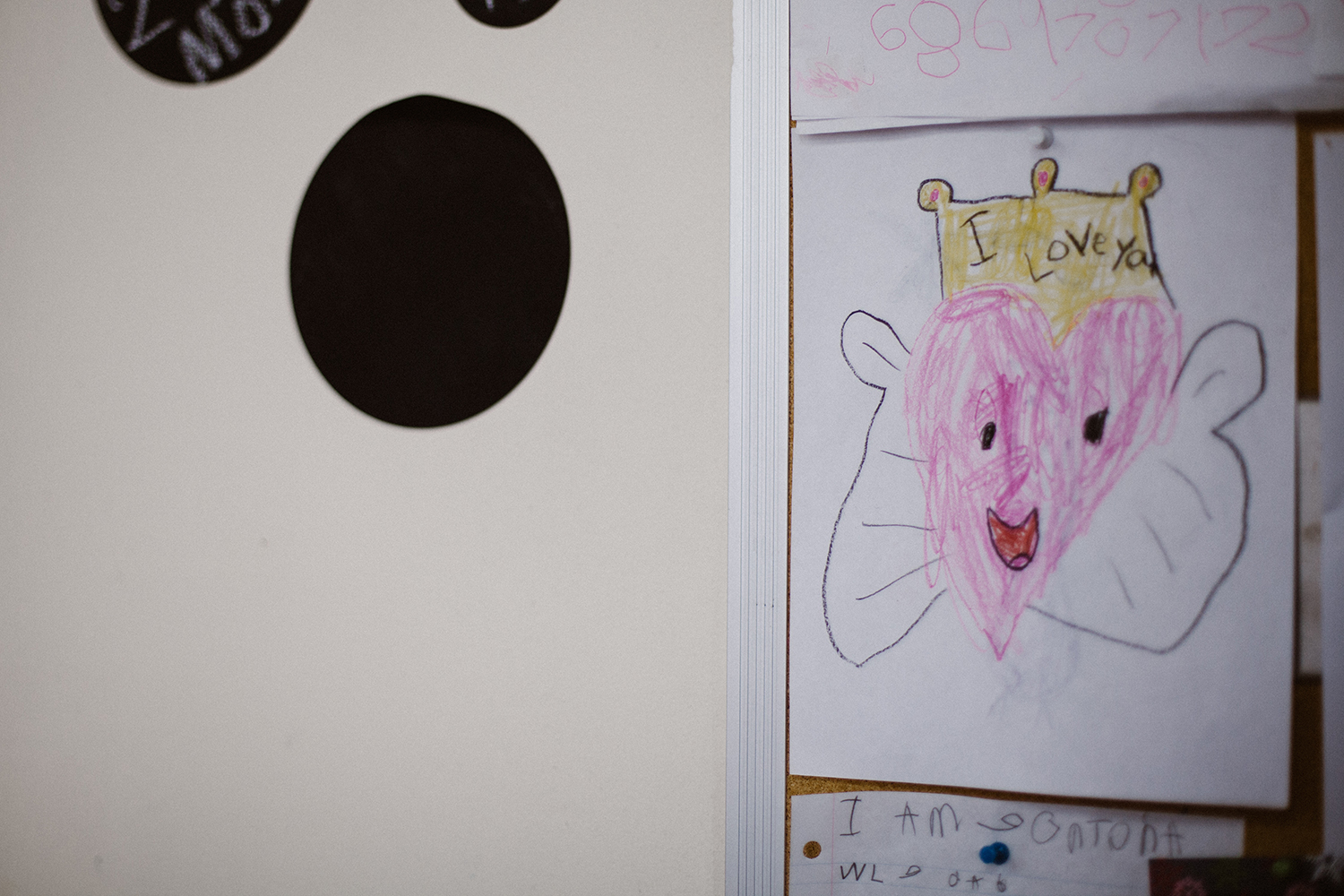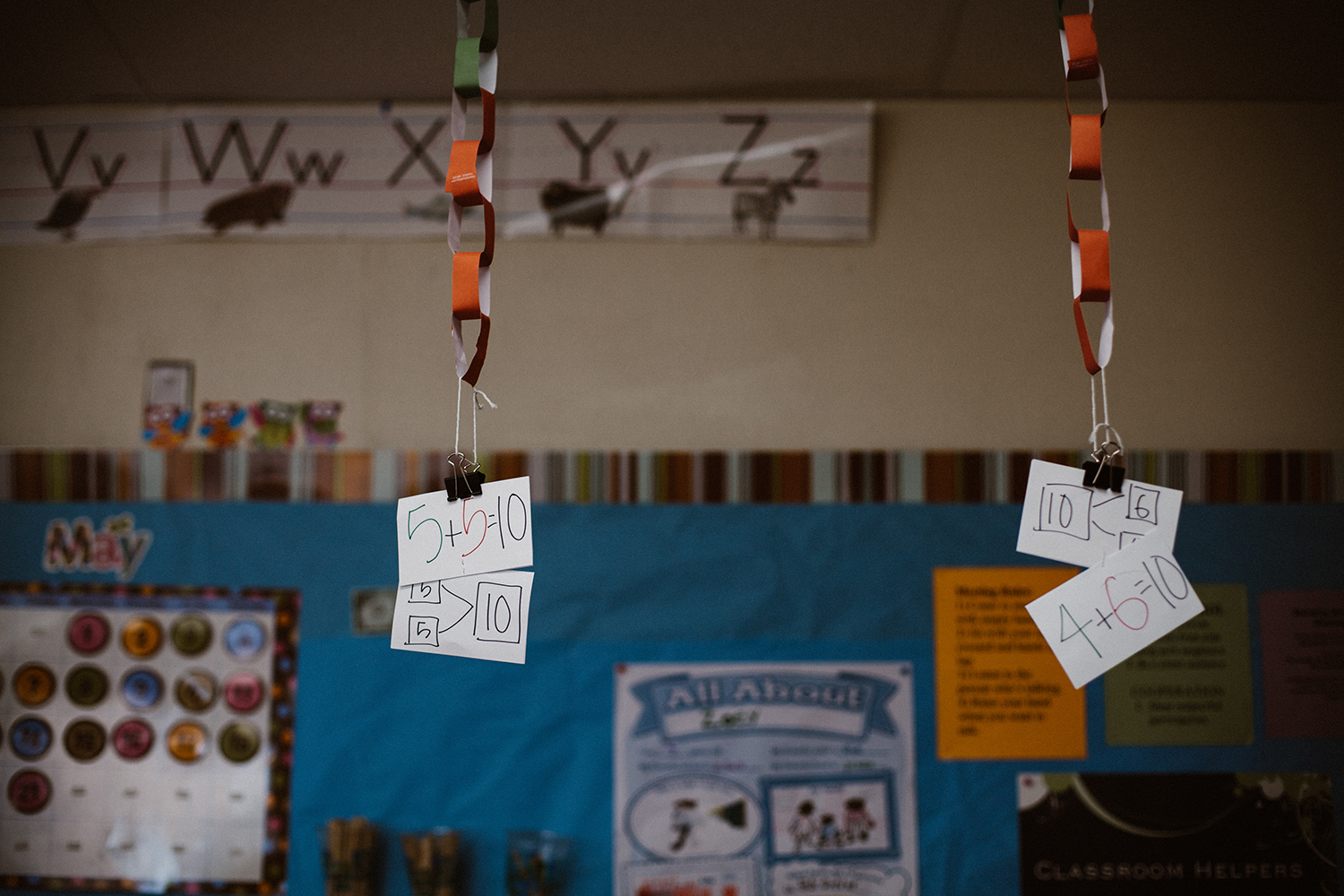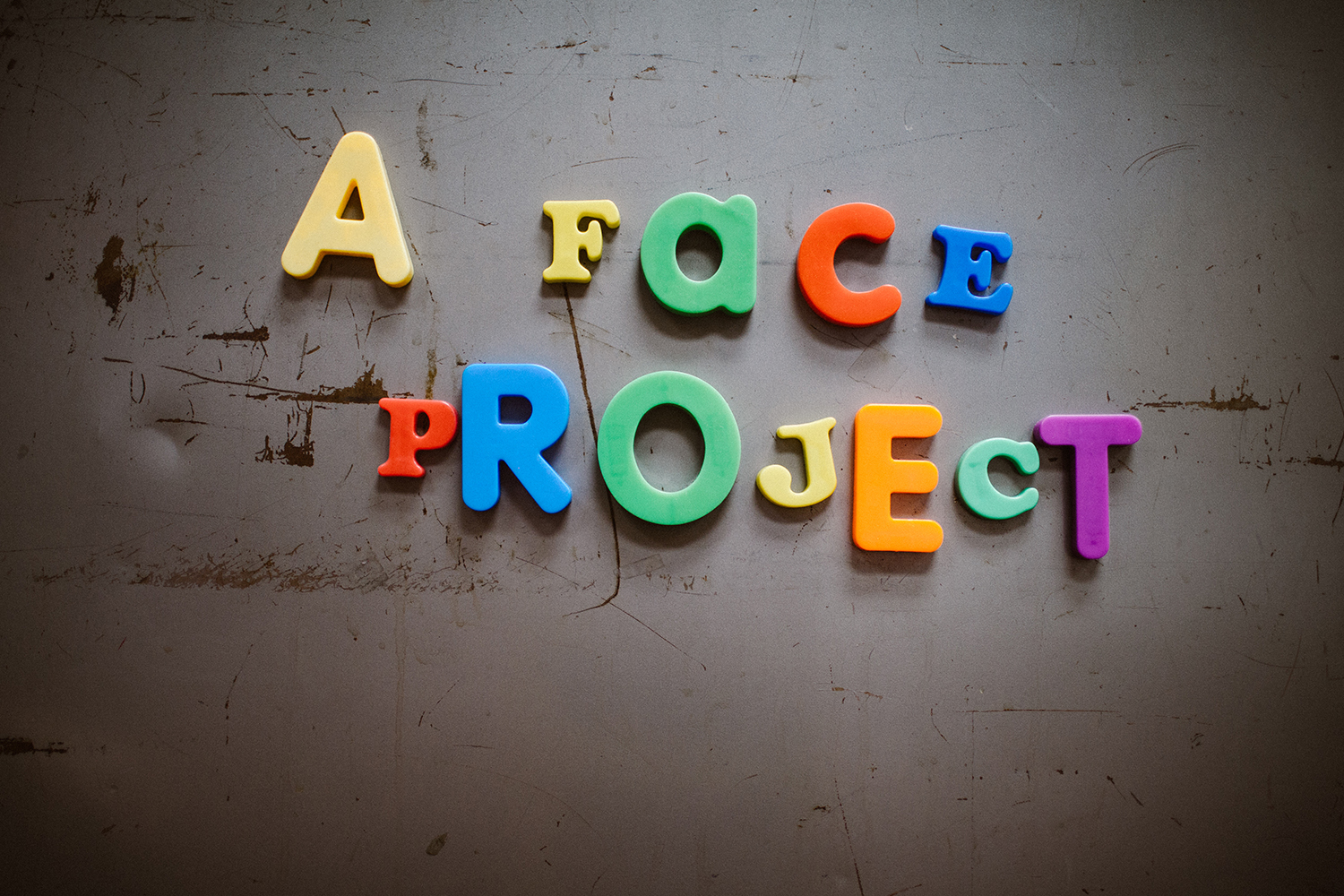LISTEN NOW:
SUMMARY:
Is education important to you? Have you received mixed-message reviews at work for a job you feel you excel at? Are you a public or private school teacher?
You are Rebecca.
Extras + Mentions:
JOIN OUR COMMUNITY ON FB: https://www.facebook.com/groups/afaceprojectcommunity
Instagram: @afaceproject
Design: Woulds Design
Photography: Natalie Jennings
MAGAZINE!
NOTES:
[3:45] Join our Facebook community!
[4:00] What is the hardest part about being a teacher?
[5:20] Attention teachers FB post: What is a positive or negative aspect of being a teacher?
[5:50] Rebecca’s story
[7:55] Really interesting journey and difficult start of the year
[8:55] Worked really hard to turn things around
[9:25] Teachers are observed around 3 times per year
[11:50] Why observations are necessary but tricky
[13:35] Everyone but one let go for next year
[15:00] Downside of American mentality
[17:00] Overabundance of teachers and not enough jobs for all of them
[18:15] People become teachers because they want to do this job
READ THE TRANSCRIPT:
It’s different obviously, when it happens to you. I mean it’s just … I was so … And I’m still sad and disheartened by it and I love my coworkers and I don’t want to leave and I feel like, I don’t know how people do this every year. I can’t imagine going through this every single year. I don’t … If this is what it’s going to be like I don’t know if I have it in me to go through this all the time.
My name is Rebecca and I have been a teacher for about four years in the classroom. Teaching is kind of a second career for me. I taught piano lessons for a long time. That was my full time job. And I decided I really wanted to move forward in education and do other things. So I got my teaching license. I knew that really the reason I was doing that was because I wanted to be a teacher and not because I wanted to be self-employed or do all of those other things.
So I went back to school in 2009 and I got my master’s in teaching and my teaching license. I taught for three years in a charter school, first grade and third grade, and then this was my first year in a public school teaching first grade.
So the school I’m at this year is a suburban fairly diverse public school. I have 22 kids right now. I’ve had several come and go. It’s not a super transient population but there’s a few that come and go. The school has huge special needs population. They’re sort of the special ed center for the district. Apparently the legend is it started because they were the only school with an elevator. So all the kids who needed help transporting themselves had to come here and it just kind of grew into the school that is where kind of the special ed kids tend … I mean all the schools have it but they have a really big program here.
There’s over a thousand kids. There are … It’s K-6 with an early childhood center. There are six sections of every grade. It’s giant. Yeah.
This class has been an interesting kind of journey. We had a really difficult beginning of the year. I had a couple of kids who just had a very, very difficult time both kind of together and functioning in the regular ed classroom. They both ended up getting moved, which was really painful to have them just kind of taken away and shuffled around and it was a hard … It was hard on everybody. It was hard on the new teacher, who had this feeling like here, maybe you can handle them. It was hard on me having … getting that message that, you know, maybe someone else can deal with this better than you can.
I think that what’s ended up happening is that’s not really been the case and it’s just an environment that they’re not thriving in. But anyway, the beginning of the year was very difficult. I had a really hard time, personally, just doing my job. My first observation was really not good at all. It was very sad and depressing and disheartening.
But I worked really, really hard to turn it around. I spent so much time just thinking about ideas of how we were going to change things and talking to my students and I think one of the upsides to it is it created a really great sense of community in this classroom that we wanted to work together. We wanted things to go in a different direction and be better. So the year is ending on a great note and you know we’ve ended up being a really cohesive, strong class.
So teachers get observed typically three times a year and it’s a very kind of random sample of whenever they happen to come in. Sometimes they’ll specify that they want to see math or something specific, but otherwise they’ll just come in for 45 minutes to an hour and they just watch what you’re doing and then you have a post observation afterwards in which you discuss what was seen. A lot of it is focused on classroom management. So if they come in and see that your students are not under control, they’re not engaged, then the observation is not going to be what it could be.
I think a lot of people get very nervous about observations, obviously, because they’re being judged and they’re on display. But I think something that I have been … that I’ve done in the past that has been a mistake is you kind of try to put on this show and you try to do this big production and look at how great I can be and you should really just keep it much simpler than that and just do what you’re used to doing in ordinary normal stuff because it’s … There is no reason to try to go over the top because then things end up even more unnatural.
For classroom management I think something I was really struggling with was having a couple of kids who just really, through no fault of their own, had a very difficult time functioning in a situation where they either were not being given all the attention that they thought they needed or sitting still for any sustained amount of time and what happens is those kids start to kind of go and then the rest of the group feels like, especially over time, why should I bother doing the right thing because they just get to act crazy and either just have to ignore them or they get sent somewhere for a few minutes and they come right back. So everybody else starts to kind of give up as well and I don’t blame them.
So I think that was a little bit of what it … a lot of what it was, honestly, is there was a couple of kids who were really struggling and then a lot of the rest of the group kind of started to go. And so I just took some time and I talked to different mentors and people who knew that I really wanted to get things back on track and kind of took one little piece at a time and talked to the class really openly about what do we need to do to fix this and we’re going to focus on this one thing for this week and we’re going to practice whatever it is until we are again clear about what the expectation is when we’re in school and we’re here to learn.
I think that observations are so tricky because on one hand I understand why they’re necessary. I mean schools are giant in some cases and administrators have a lot of things to do and there has be an efficient way to evaluate people. I think that seeing people for a total of two and a half hours per year is absolutely not an accurate representation of what’s happening in the classroom and so when that is your only feedback and the only thing that is going to determine if you’re hired or not, I think that’s really not fair and just not accurate. I mean there is so much else that goes on that they never see.
And again, I understand the need for an efficient procedure, that gets everyone attended to and all the other administrative stuff that they have to do, but it’s frustrating as someone who has to go through it so much.
So I had two more observations after the first one that didn’t go well. The second was a little bit better. And then there was a period of time where the principal was coming in fairly regularly to all the classrooms and trying to get a little bit more of an idea about kind of what was going on. When that started to happen, at that point, things had really started to turn a corner and things were going so much better both with relationships with the other students and classroom management wise and I got some really, really positive feedback from my principal and just so much praise for the improvements that were seen and how great … the great strides that we’d made from the principal and the district observers.
Everyone who I was hired with except for one teacher has been let go for next year. None of us have really gotten a thorough explanation of what’s happening. I think some people have reapplied for their jobs. Some people have not. I’ve heard stories for years from friends who go through this all the time or people they know who get pink slipped every year. I worked in a charter school before this and charter schools don’t do this. Everyone … not everyone. I shouldn’t say. But a lot of people who work at charter schools are dying to get into the public schools. They pay better. There’s way more resources. There’s a lot more structure to public schools that helps you do your job more efficiently. This is one of the few trade offs is that this kind of thing does happen and I knew that. I knew that going into this job.
There’s several things that I’ve really given a lot of thought to since this has all happened and I don’t mean for it to sound like I think … I mean I know my life is not that hard. I’m not even technically unemployed yet. You know, I still have a job through the rest of the year and I’ll get paid through July. So it’s not … I know I’m not desperate. I know it’s not the end of the world and I’m trying not to feel super sorry for myself. But I think that one thing I’ve really come to terms with over the past several years I think is that there is this very … I think it’s American mentality of if you work hard you should get what you want.
And I found that I am really guilty of that sometimes and I get it in my head that I did what you told me to do. Where is my payoff? Where is my result that I expected from that? And so I think that was a little bit of something that I had to get over is this feeling of like I worked so hard and I did all of these things to try to improve the situation to show you I want to work here. I think this job is so important. I want to be good at it and I got fired anyway and not that it was for nothing, but it’s a roadblock I think for a lot of people to not get what they think they should get based on the work that they’ve done. So that’s kind of something that I have had to come to terms with is like I’m not the only person who works hard. I’m not the only person who cares. This is just how it goes sometimes.
I think overall this job is not easy and no one does it just because they can phone it in. Dealing with kids all day is challenging and it’s tiring and it’s exhausting and people do it because they want to do this work. That being said, it is frustrating to know that I did work hard and I know that I’m not the worst teacher here and it’s disheartening to know that maybe there are other reasons but there’s certainly a chance that I lost my job just because I happened to get hired on a certain year as opposed to a different year when they weren’t doing layoffs.
I know that back in the mid ’90s when I was first in college, there was a huge need for teachers and I was going to get my license and I didn’t and not that I regret that because there’s a million things that wouldn’t have happened and what have you in the meantime but and then when the economy kind of went south in the early 2000s a lot of people lost their jobs and went back to school to become teachers. And now there is an overabundance of teachers and not enough jobs for any of them.
And it’s, you know, everyone who is a teacher I think thinks that they’re … knows that they love their students and they love teaching and they want to be an educator and so it’s very disheartening to know that you are working so hard for very little money. It’s huge competition to get into this profession that doesn’t even pay that well and so I think that I’m glad I did it. I’m glad I made the change. There is really nothing else I would want to do but it’s overwhelming.
I have applied for probably 40 jobs already. I had like seven interviews in three weeks. I didn’t get any of them. It’s overwhelming to know how many people there are out there that want to do this work and want to be good at it. You just hear all these messages about how broken education is and all the problems with the system and I think a lot of teachers get very defensive about that because we feel like we are working our asses off to, you know, it’s kind of this mentality that like then you try it. Or you try to fix it or you whatever, you know. I think that it’s really important for people to remember that people become teachers because they want to do this job. They want to work with kids and teach people and lead and there is a huge breakdown between the people who are actually working and doing the work and whoever it is who is making it so difficult for us to just be effective and do our jobs.
I think that administration needs to remember what it’s like to be a teacher and I know that they’re under a lot of pressure financially. I think that there just needs to be more money, period, in education and I think that if there was more resources behind it so many of the problems that we face would be less. •
